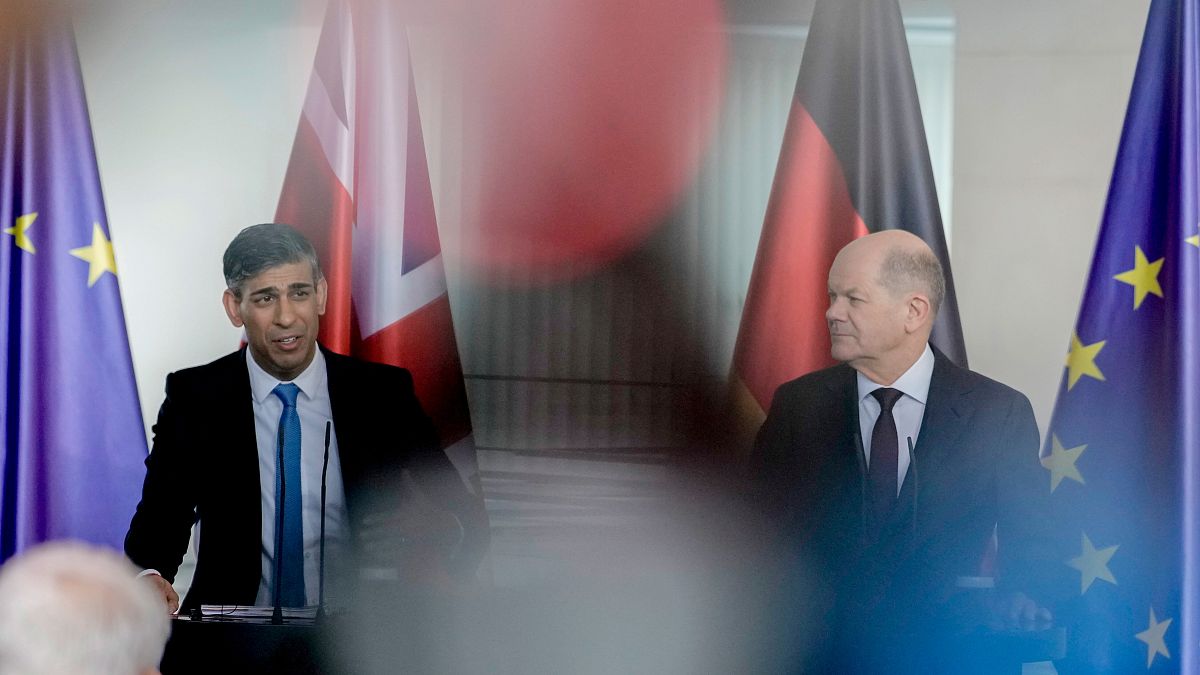Last year, Janet Yellen, the US Treasury secretary, made a speech that ended up imposing an idea: support friends, which means something like going out to find friends in other latitudes. The idea is that companies should direct their supply chains to more friendly countries.
The idea — explains Gillian Tate in the Financial Times — was that in a world of rising tensions between the US and China (and Western hostility toward Russia), North American companies should direct their supply chains “to more trusted countries” or friends.
At first it looks almost pretty. Who could object to celebrating friendship, especially if aggressive isolationism was the other option? the columnist wondered.
However, the “buddy support”, already installed in 2023, is causing increasing distress, for at least two reasons: Economists at the International Monetary Fund analyzed data on foreign direct investment and concluded that these flows are splitting into politically aligned blocs. Although this trend towards geo-economic fragmentation is now accelerating. They estimate that if this continues, it could reduce global economic output by about 2% while severely hurting some emerging economies. It can also result in financial shocks because “increasing political tensions” can lead to a redistribution of capital flows.
But there is a second, less obvious problem that worries some of the executives who met at the IMF meeting: How do you define a “friend” when making long-term investment plans?
In theory, Yellen’s idea refers to countries that belong to NATO and the North American Free Trade Agreement and countries that appear to be pro-American and distrustful of China, such as India or Vietnam. But the problem is that states have neither “eternal allies nor permanent enemies” (as British Lord Palmerton put it in 1848). And that the world at this moment is in perpetual geopolitical movement.
Hence the uncertainty about “friends”.
The only practical option seems to be for companies to deal with these geopolitical risks by placing their production in several friendly countries or bringing it back to the United States. This comes at a cost in terms of lower efficiency and higher prices. Tate finds another reason to be skeptical that we can return to a world of low inflation any time soon.


/thumbs.vodgc.net/1-14-S15FuR1714053755879_480P.jpg)


